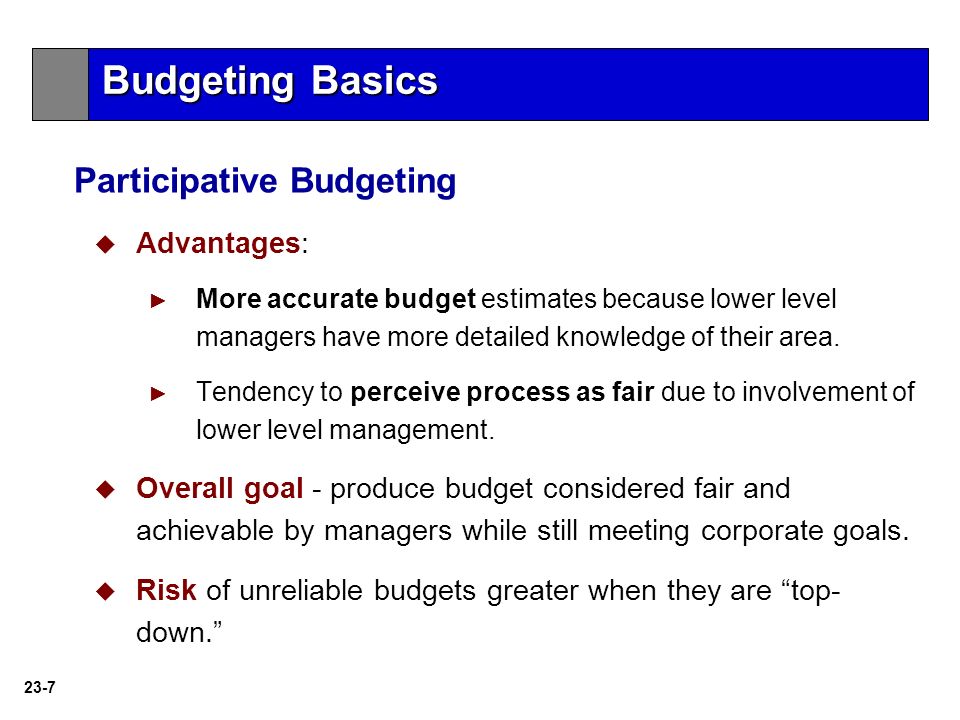
There are several questions to ask your financial advisor before making a decision. Here are some of most commonly asked questions. Learn more about these issues. The most important questions you need to ask your financial adviser are about their conflict of interest, Asset allocation, Investment performance, and other matters. Be sure to ask your advisor questions in advance. Don't forget that it's your money so take it seriously!
7 essential questions to ask your financial advisor
When choosing a financial advisor, you should make sure they are proactive in addressing your needs. You should be kept informed on market trends and developments by your financial advisor, no matter how often they meet with you. The frequency of communication should also be set, as it will vary from person to person. It is important that you meet at least once a month with your advisors to review your investments.
The first thing you should ask a financial planner is if they have a similar investment philosophy. While some advisors will prefer to invest more in growth stocks than others, others may prefer to value stocks. This can lead portfolios that trail or outperform the market. The same goes for investment styles. If you believe in the benefits of impact investing, your financial advisor should be able to match your beliefs.

Conflicts between financial advisors
Many sources can cause conflict of interest in a financial adviser. There are some advisors who are registered brokers or affiliated with insurance companies. This means that they might receive commissions to sell the products of these companies. This can lead to conflicts of interests, especially if the advisor recommends products not in the clients' best interest. Advisors should declare conflicts of interest on a Form ADV.
RIA compensation is another major source of conflict-of-interest in financial advising. Financial advisors who are paid on a product-based basis by the companies creating their products are compensated. Advisors are not required to act for the best interest of clients and they might recommend products that may harm them. Many investors are looking for an advisor who charges no fees, which has been a growing trend over the past few years. However, there are some financial advisors who are still reluctant to disclose such information.
Asset allocation
A good financial advisor should be able balance your risk tolerance with your goals. A diversified portfolio will yield the best returns. Asset allocation is one way to achieve this. Consider including cash in your portfolio when selecting a financial planner. They should also use investment benchmarks relevant to your investments. You should also ask your advisor how he or she determines risk tolerance.
It is important to understand the benchmark that it is compared with before you choose a fund. Active funds are usually very expensive. ETFs may be cheaper. It is also important that you remember that past performance may not be indicative of future results. This is why it is important to request past returns for a sample portfolio. A financial advisor will be able to show you a sample portfolio that best reflects their approach in asset allocation.

Investment performance
When selecting a financial advisor, it is essential to find out about their experience in providing sound investment guidance. It is essential to assess whether the advisor's investment approach is compatible with your goals. Your advisor should have a clear understanding of the value of a diversified portfolio and be willing to work with you to rebalance your investments from time to time. This will ensure steady and long-term growth.
You should also consider what type of compensation your financial advisor will receive. Fees are variable. You may need to pay a fixed percentage of the assets your advisor manages, pay transaction fees or even pay an hourly rate. A good advisor will openly discuss their compensation, track investment performance, and define success. Make sure to find an advisor who is aligned with your values.
FAQ
Who Should Use a Wealth Management System?
Everybody who desires to build wealth must be aware of the risks.
New investors might not grasp the concept of risk. Poor investment decisions could result in them losing their money.
It's the same for those already wealthy. It's possible for them to feel that they have enough money to last a lifetime. However, this is not always the case and they can lose everything if you aren't careful.
Everyone must take into account their individual circumstances before making a decision about whether to hire a wealth manager.
What is retirement plan?
Financial planning does not include retirement planning. It allows you to plan for your future and ensures that you can live comfortably in retirement.
Retirement planning involves looking at different options available to you, such as saving money for retirement, investing in stocks and bonds, using life insurance, and taking advantage of tax-advantaged accounts.
What are my options for retirement planning?
No. These services don't require you to pay anything. We offer free consultations so we can show your what's possible. Then you can decide if our services are for you.
What are some of the benefits of having a financial planner?
Having a financial plan means you have a road map to follow. It will be clear and easy to see where you are going.
You can rest assured knowing you have a plan to handle any unforeseen situations.
You can also manage your debt more effectively by creating a financial plan. Once you have a clear understanding of your debts you will know how much and what amount you can afford.
Protecting your assets will be a key part of your financial plan.
Statistics
- If you are working with a private firm owned by an advisor, any advisory fees (generally around 1%) would go to the advisor. (nerdwallet.com)
- A recent survey of financial advisors finds the median advisory fee (up to $1 million AUM) is just around 1%.1 (investopedia.com)
- US resident who opens a new IBKR Pro individual or joint account receives a 0.25% rate reduction on margin loans. (nerdwallet.com)
- Newer, fully-automated Roboadvisor platforms intended as wealth management tools for ordinary individuals often charge far less than 1% per year of AUM and come with low minimum account balances to get started. (investopedia.com)
External Links
How To
How to invest once you're retired
After they retire, most people have enough money that they can live comfortably. How do they invest this money? While the most popular way to invest it is in savings accounts, there are many other options. You could also sell your house to make a profit and buy shares in companies you believe will grow in value. Or you could take out life insurance and leave it to your children or grandchildren.
You should think about investing in property if your retirement plan is to last longer. The price of property tends to rise over time so you may get a good return on investment if your home is purchased now. If inflation is a concern, you might consider purchasing gold coins. They don't lose their value like other assets, so it's less likely that they will fall in value during economic uncertainty.